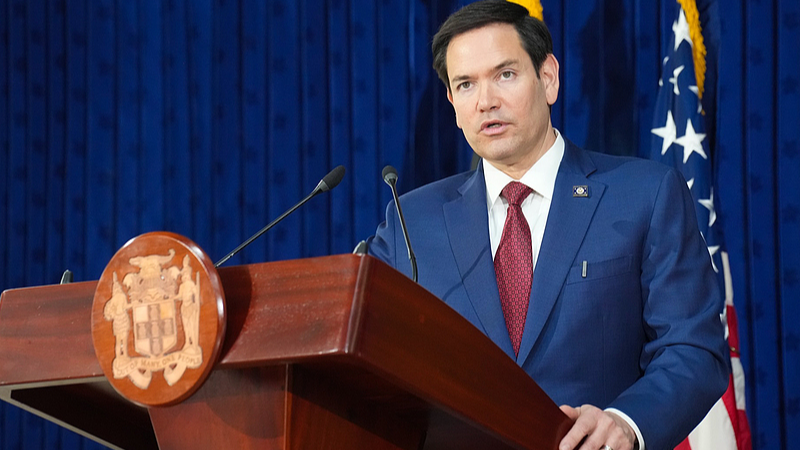A recent address in Kingston, Jamaica by U.S. Secretary of State Marco Rubio has spotlighted a growing economic anxiety in Washington. His remarks underscored concerns over evolving global investment practices and prompted a closer look at changing international financial models.
For decades, Western-led institutions such as the IMF and World Bank have set the tone for global finance through strict economic conditions that often required market liberalization and austerity. Such measures, while intended to promote growth, have also been criticized for fostering cycles of dependency and impacting local economic sovereignty.
In contrast, the rise of China as a global investor—through initiatives like the Belt and Road, the Asian Infrastructure Investment Bank, and the New Development Bank—has introduced an alternative model. This approach prioritizes mutual benefit, infrastructure development, and long-term economic integration without the same level of conditionality.
The debate reflects a deeper transformation in the global economic order. While Rubio’s comments echo familiar narratives regarding investment practices, many developing nations are increasingly exploring diversified partnerships that better align with their sustainable development goals. As a result, the shift in investment strategies is prompting a reexamination of how financial support can be structured to empower local economies while fostering long-term growth.
As international markets continue to evolve, the conversation around these competing models is likely to intensify, encouraging policymakers and global citizens alike to consider more inclusive and balanced approaches to economic development.
Reference(s):
cgtn.com




